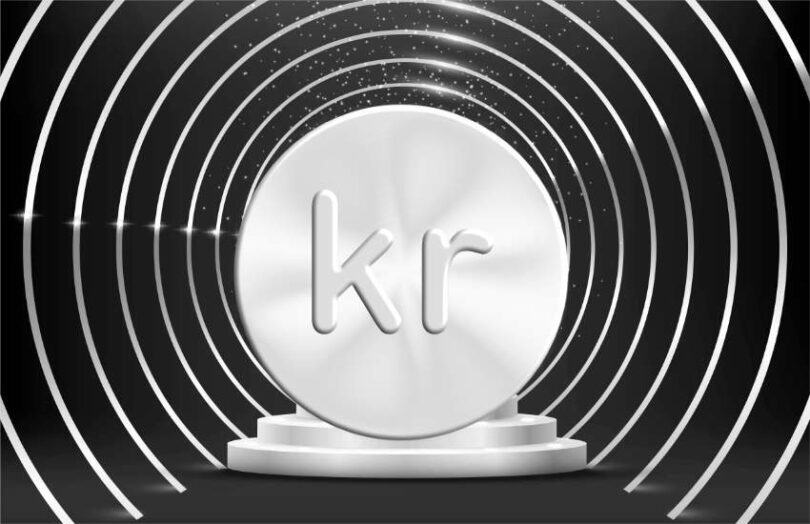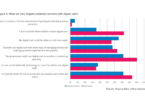Sweden’s Riksbank published a report on its third phase of central bank digital currency (CBDC) trials that involved technical tests using distributed ledger technology (DLT). A key part of the trials was about the degree to which intermediaries such as payment providers and banks should be given the freedom to develop solutions based on a CBDC. Additionally, the tests involved programmable payments and cross-border payments trials already disclosed.
E-krona pilot phase 3
The Riksbank has been involved in technical tests to explore the development of a retail CBDC since 2020. However, no formal decisions regarding issuance, design, or technology have been made.
The project is now in its third phase, following a previous pilot where the central bank tested several aspects of an e-krona network environment with authorized participants. In this third stage, work has focused on investigating what an intermediated model with market participants would look like and how this could contribute to innovation in the payment market. It also involved collaborative work with Norges Bank, the Bank of Israel, and the Bank of International Settlements (BIS) on Project Icebreaker, a cross-border CBDC research project that was recently completed.
Collaborative models
An important decision for a future retail CBDC will be the degree of collaboration between the central bank and market participants. The Riksbank would distribute the e-krona to the public with the help of payment service providers.
Specifically, the pilot studied three degrees of governance and control, which would range from low, with participants having greater freedom to design unique services and interfaces for the general public, to very high, where they would have to comply with a standardized interface and service offering as defined by the central bank. It is concerned that low governance could make it confusing for consumers because of the variety of solutions, but this approach would enable the most innovation. Any decision regarding the level of governance will involve necessary trade-offs between innovation and optimization.
Conditional payments
Another important aspect of a future e-krona will be programmability. Monetary authorities have hailed DLT and token-based solutions for their ability to make programmable payments for specific purposes, so the Riksbank has been carrying out tests in this area to learn more about how technical solutions might benefit customers. For now, it is talking of conditional payments, as opposed to conditional money, to avoid misperceptions about government control that could erode trust in the system. This approach is similar to the one chosen by the UK and EU.
Next steps in the e-krona project
The Riksbank fears that, as cash usage declines, it could “find it more difficult to fulfill its task of promoting a safe and efficient payment system accessible to all groups in society.” Thus, the e-krona project will aim to maintain the central bank’s direct role in the payment market with a retail CBDC for the general public. Future work will focus less on technical aspects and more on the design features ahead of a possible decision on issuance.
The technical work of this third phase was based on R3‘s enterprise blockchain, Corda, with Accenture acting as the technology partner.






